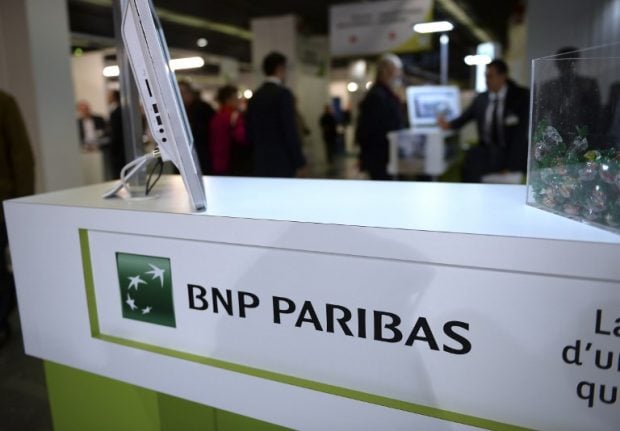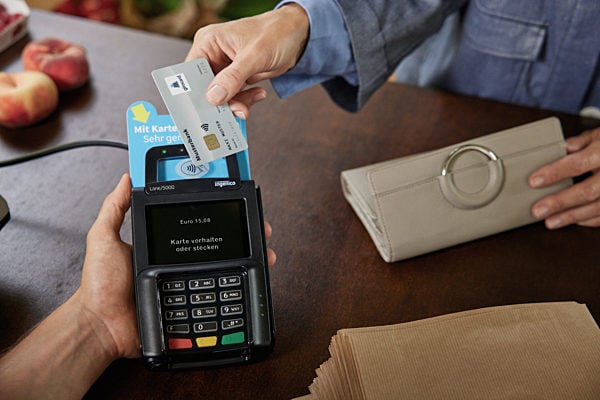US regulators on Monday fined French banking giant BNP Paribas $246 million for poor oversight of its foreign exchange traders who manipulated trading prices.
The move came six months after the Federal Reserve permanently barred former BNP trader Jason Katz from the banking industry, for manipulating foreign exchange prices.
“The firm failed to detect and address that its traders used electronic chatrooms to communicate with competitors about their trading positions,” the Fed said in a statement.
“The Board's order requires BNP Paribas to improve its senior management oversight and controls relating to the firm's FX trading,” the statement said.
BNP said the misconduct occurred between 2007 and 2013 the company has taken steps to strengthen oversight.
“BNP Paribas deeply regrets the past misconduct which was a clear breach of the high standards on which the Group operates,” the company said in a statement.
The Fed also blocked BNP from ever re-hiring any of the former employees involved the incidents, the central bank said.
New York State's Department of Financial Services in May fined BNP $350 million for the same case, accusing traders of “collusive activity” to manipulate currency prices.
The fine also follows the Fed decision in April to fine Germany's Deutsche Bank more than $150 million for similar “unsafe and unsound” foreign exchange trading practices.



 Please whitelist us to continue reading.
Please whitelist us to continue reading.